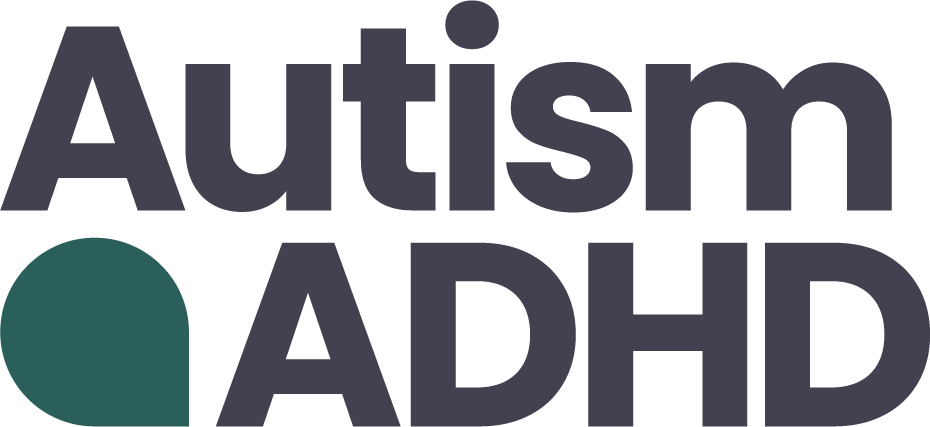Rosie - an introduction
Hi,
I am 25 and I am weird, or at least that’s my way of saying neurodivergent. I’d say it’s the right kind of adjective for where I’m in my relationship with my diagnosis. A few years ago I would have said ‘a freak’ so I’d say weird is better, a bit more inclusive, endearing, forgiving. Sideways moves are important. Annie has asked me to share some of my weirdness with you all in blog format and in her brilliant way she has left me free reign on this. I have no idea how this is going to go. My hope is that it will be useful to at least one person in some small way. Maybe you will recognise a bit of yourself in something I write and it will help you feel less alone - that is my biggest ambition for this blog.
I have been on a long journey with my diagnosis and believe me when I say that this blog is not an overcoming story, not a reflective view from the other side. It is live processing as I succeed and fail - often at the same time. I have not finished my journey nor do I really believe that anyone ever does. Each new piece of research necessitates a re-evaluation of what we all thought we understood. Each new life stage changes what we personally and practically need to know. As any good social science student like me will know there are no right or singular answers.
Sometimes the detective work is fun, other times it is unbearably frustrating or it seems so irrelevant. Annie will be able to attest to the number of times I used to say I don't care why I just want to know how I stop it. I understand now that when it comes to neurodivergence this is wrong for two reasons: firstly, it is not about fighting but working with the neurodivergence and two the why really does matter for how you try and tackle an issue. These have been painful lessons to learn.
I still get frustrated and wish I was neurotypical but when I reflect on this now, I think a lot of the time I think I want to be normal it is because I think my life would be so much easier. I get frustrated by everything I can't do, by my head always being loud or by not being able to connect to others. I guess the key part of that is that knowing things would be easier if I was ‘normal’ highlights that ‘normal’ is exclusionary. It doesn't have to be. People could make things easier for me - we could work together without me having to destroy myself, we could meet in the middle, we could narrow that connection gap.
All this is to say I am still learning about myself and about the world and how we might come to some kind of workable coexistence. Therefore, my blogs will not be candy-coated inspirational success pieces but live processing.
Even when I talk about past events they are not really history for me but ongoing working documents. I still don't really understand these events even though I have somehow come through them. Therefore, this blog is a group project and not pre-planned. I will share things as they come to me and collate the individual thoughts into topic collections. I will work with and not against my brain so they will drift between topics and themes in bits and pieces as if I tried to write on a topic like ‘time’ or ‘family’ you wouldn’t hear from me for the next year as I crafted the anthology!
The other reason for doing this as snapshots on different topics is to let this be a conversation- for everyone, for the neurodiverse, for carers, for practitioners, for anyone who is interested. It is important for us all to keep asking questions and we can all always learn from each other. It is not just the duty of the neurodiverse but of us all if we want to close that gap.
For other neurodiverse people, I want to hear what you want. I felt so alone with my diagnosis and whilst hearing from others can help in general, everyone has a specific secret question or particular thing they need to hear to feel less alone. If I don't know I will try my hardest to find someone who does.
For carers, I am un-triggerable so ask honestly!
For practitioners - I am happy to debate and for those just interested- thank you for trying to understand my world.
It is also important because whilst I have had a range of experiences including bullying, late female diagnosis, university, mental and general health services and hospitals, I can only represent my own experience and everyone's neurodiversity is unique and everyone's external factors and intersectional identities multiply the complexity- we all need to learn from each other- about ourselves and about the world.
If you made it to the end I am surprised, flattered and grateful. Please check back for short posts on different topics be they rants, reflections or advice. Reach out if you have something you want to hear or ask or if you have a different angle on a topic.
Speak soon :-)
Rosie
